Learning the English language is the need of the hour, especially for study abroad aspirants. Here are some tips for learning English as a second language.
Table of Contents
Learning English is challenging, especially for students who have had little or no interaction with it. But now, as the world is rapidly integrating and becoming connected, it's becoming a necessity. With English being the principal language of many developed countries, its standing as a major language in professional and academic places is unquestionable.
Students who are planning to move overseas for their higher education have the requirement of having English speaking and writing skills. But the problem of learning is not small for non-native speakers. It can sometimes be even a little hectic too.
English is considered moderately difficult and can sometimes be tricky for new learners, but with little perseverance and a lot of hard work, anybody can master it in a few months. So, that's why we have created this article to help new learners understand the approaches they can take to learn English as a second language.
So, let's dive right into it without wasting any more time.
Watch English Language Movies
Audible interaction can serve as a prominent fuel in driving your learning vehicle. Listening is a powerful means to learn a new language as we learn our mother tongue through that means only.
Listening can also help to understand different accents and be accustomed to them. Watching movies can also help learners expand their cultural awareness; the additional benefit is getting entertained while learning.
Read Children Books
This might sound a bit childish, but reading children's books in English can significantly increase your chances of developing English language skills. In essence, children's books are designed to teach children the basics of the English language, and for first-time learners, they can be a great resource.
Learners who are starting from scratch can build their foundation on these types of resources in addition to reading some interesting stories.
Hire a Tutor
Teachers are significant if you want to learn something new and exciting, like a new language. They can help you learn new tricks and tips on memorising a concept or even motivate you to reach your objectives.
Hiring a tutor can also help your planning and syllabus phase of learning a new language when you are just starting. The periodic tests and homework also create a sense of discipline and ensure that you move toward your objectives slowly and steadily.
Make Flashcards
Flashcards are designed on the core idea of consistent visual interaction. In simple terms, when a person views a thing on a consistent basis, it gets imprinted on their mind, for example, your phone number or the direction to your home.
So prepare flashcards of vocabulary and essential grammar rules and leave them at random places in your University of Manchester accommodation. When you can see them consistently, they will imprint on your mind as a memory and help you in your learning process.
Start Speaking
The essential component of learning a language is speaking it out. "Practice makes a man perfect" is something that was not said in vain. New learners might be wary that it can be embarrassing for them without perfect grammar and vocabulary.
But the more you speak, the more you will become comfortable with it. You must understand that being good at something takes time and patience.
New learners can join discussion groups and talk with non-native English speakers for a start and then they can build upon and move on to talk to more proficient and native speakers. New learners can also use platforms and social networking sites right from their student accommodation in Southampton or London.
Conclusion
We hope this article will help you understand the tips and tricks of learning English as a second language. For new learners, especially international students, it can be a bit daunting to get into the habit of using English personally or professionally. Please remember that practice and patience is the key. We wish you all the best in your future endeavours.


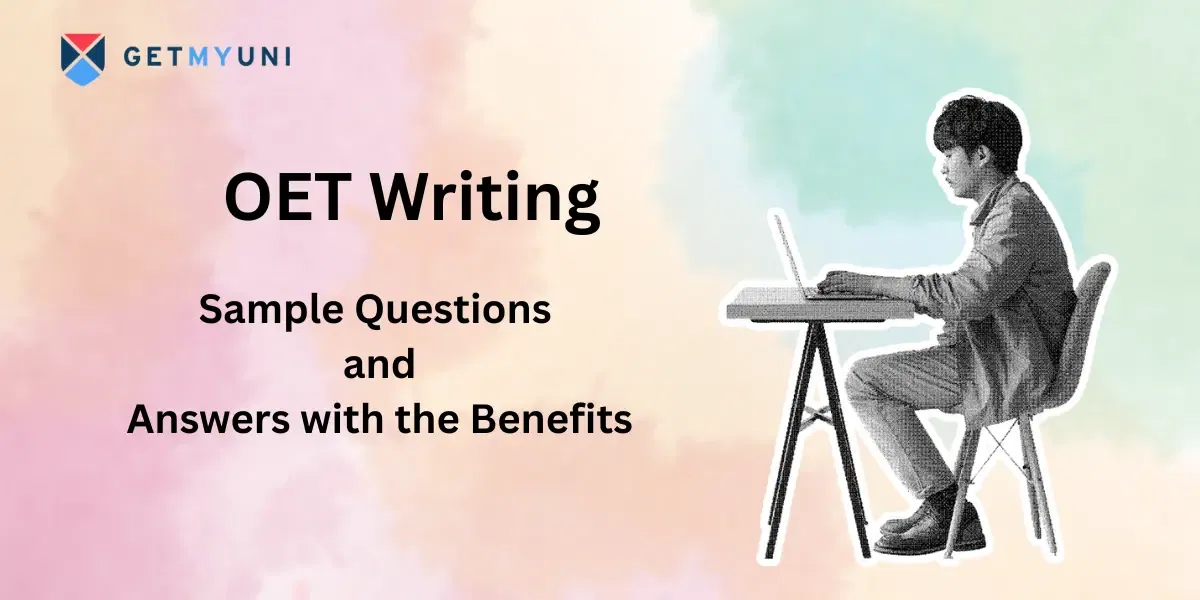
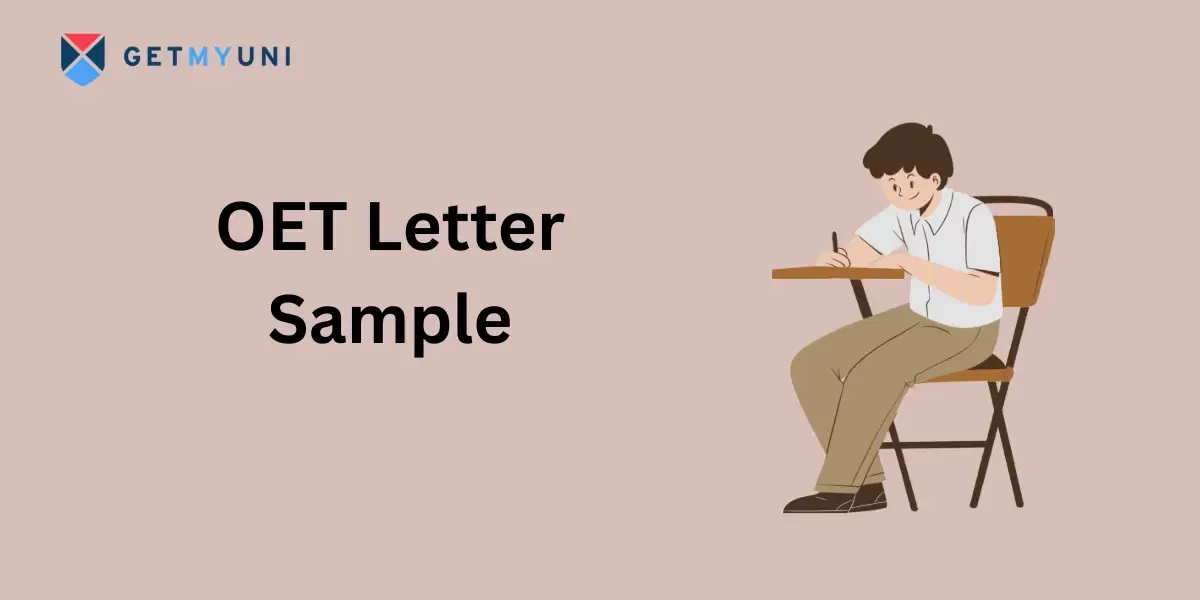
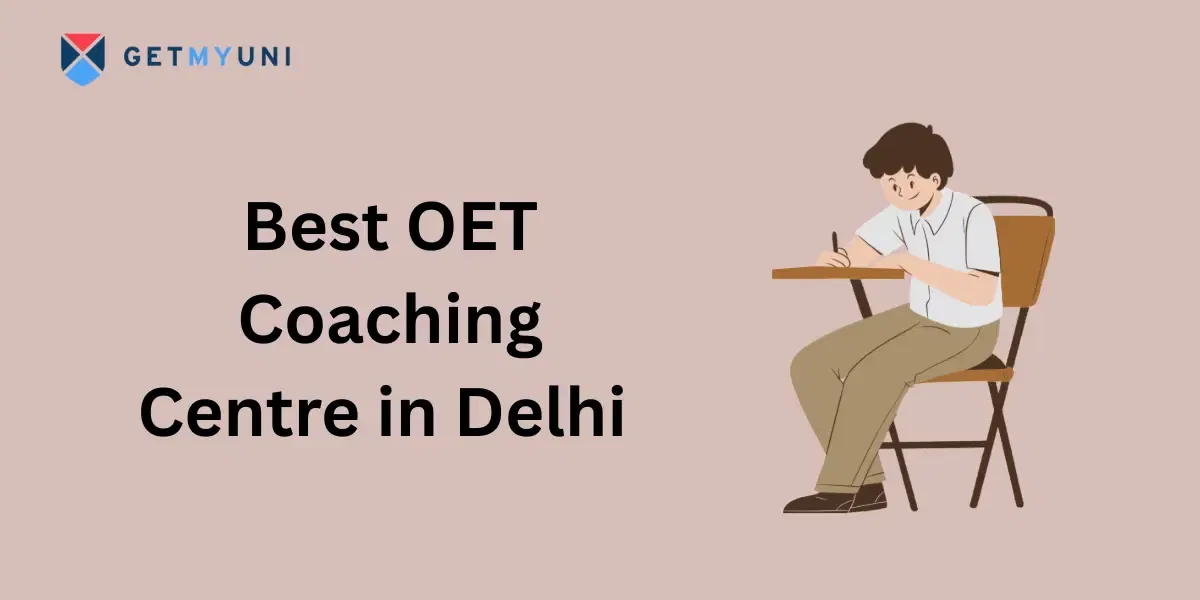
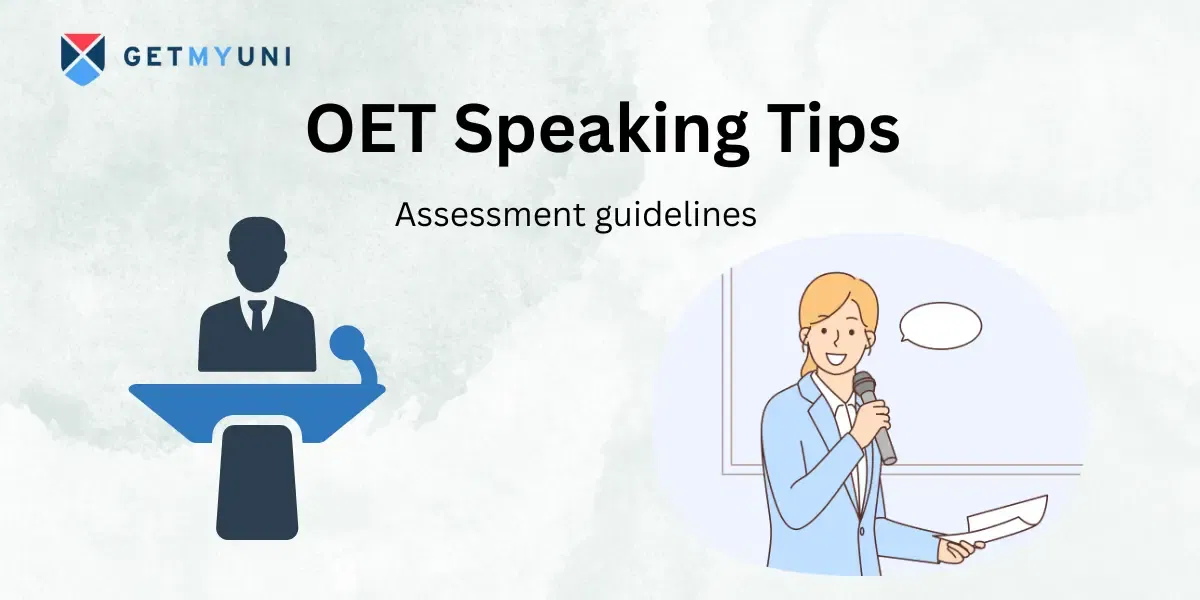

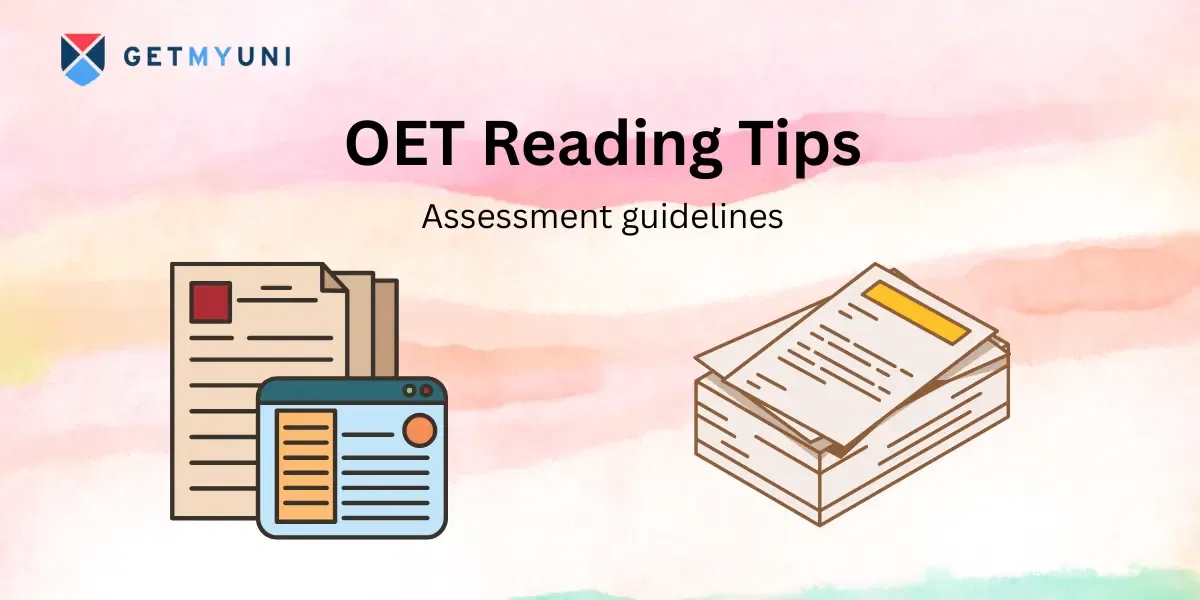


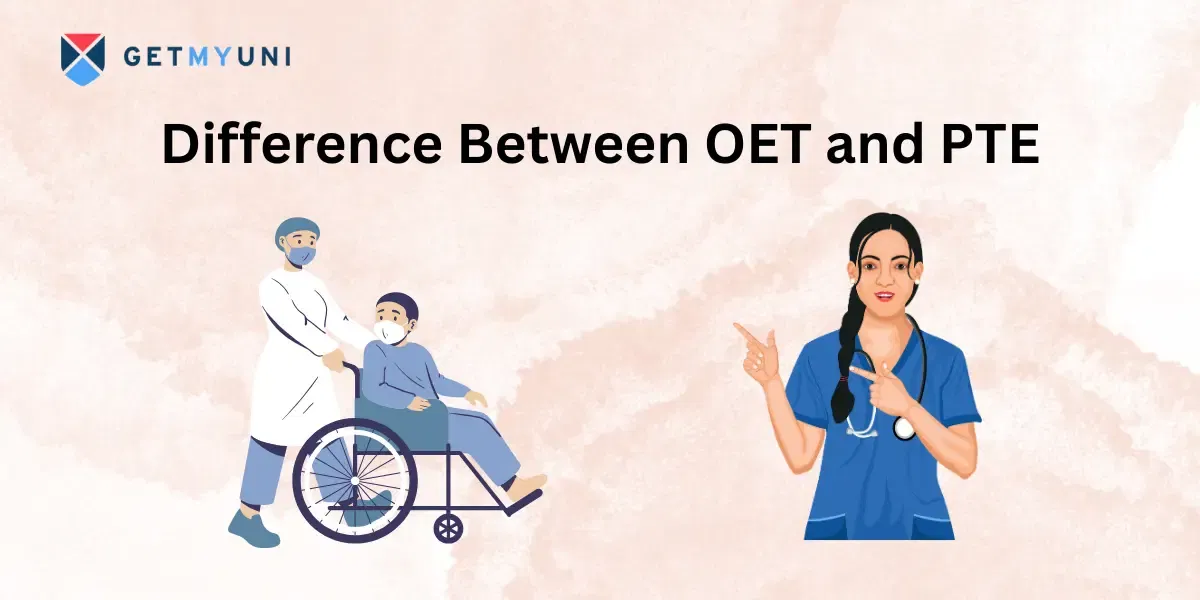




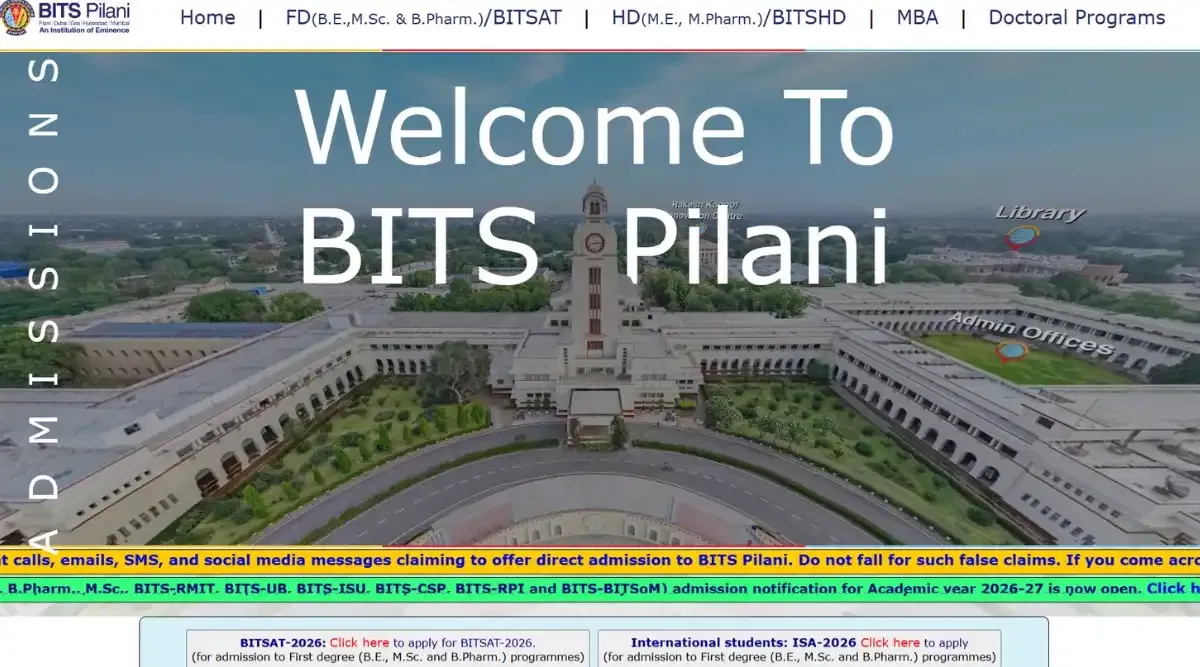
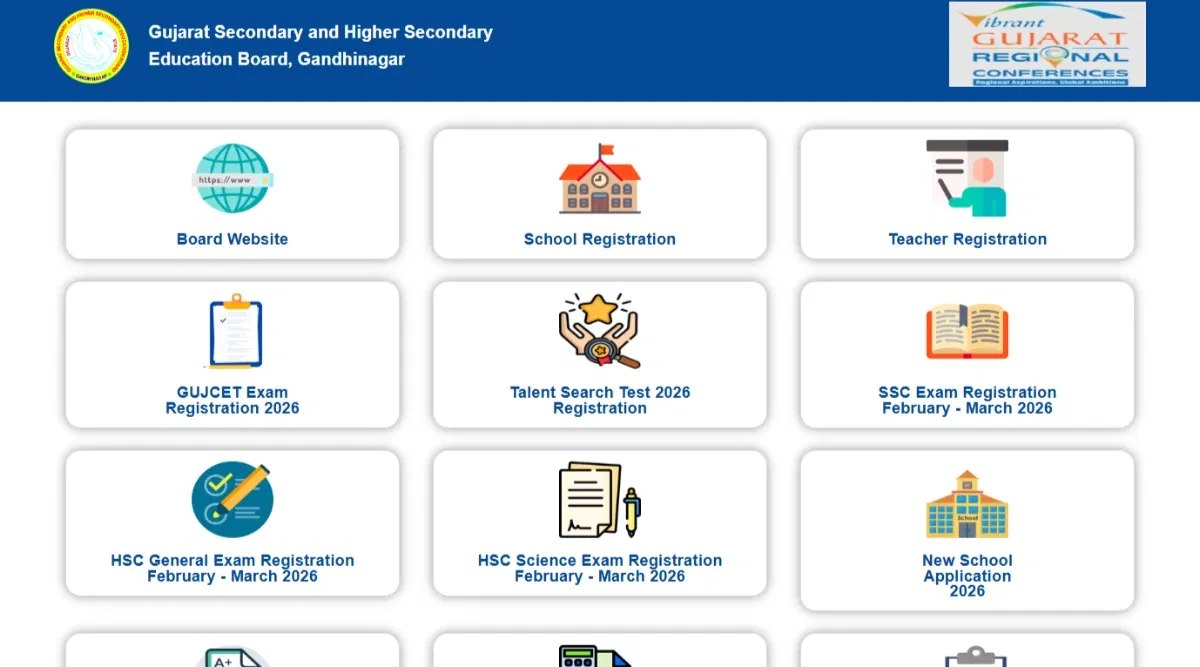
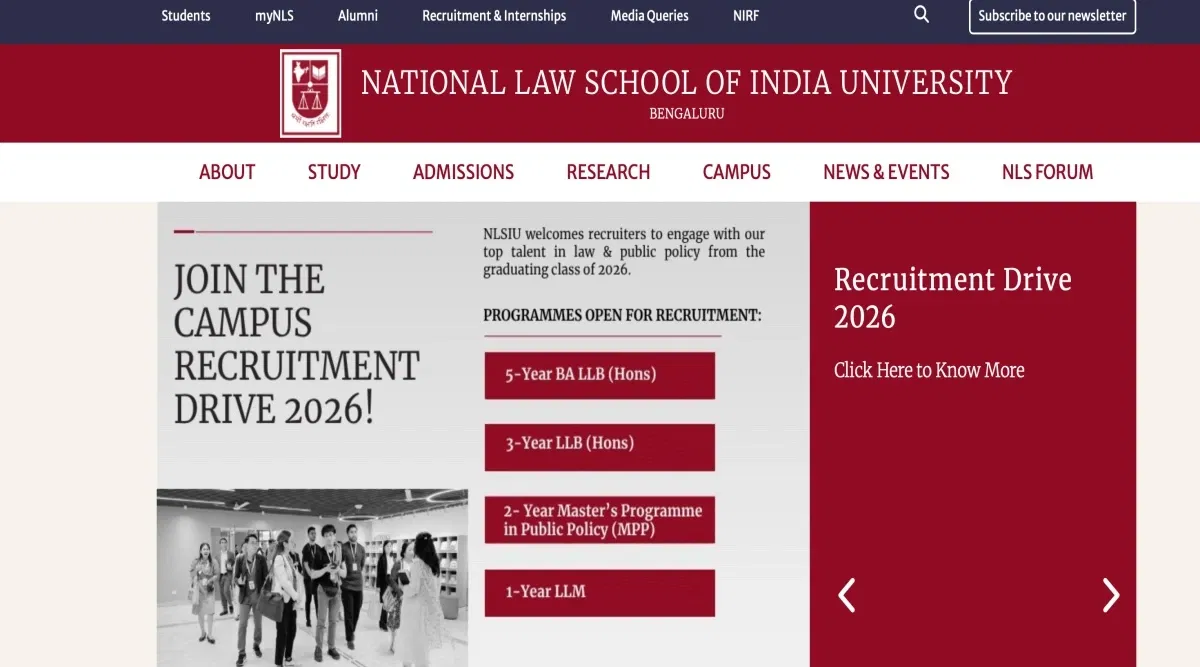



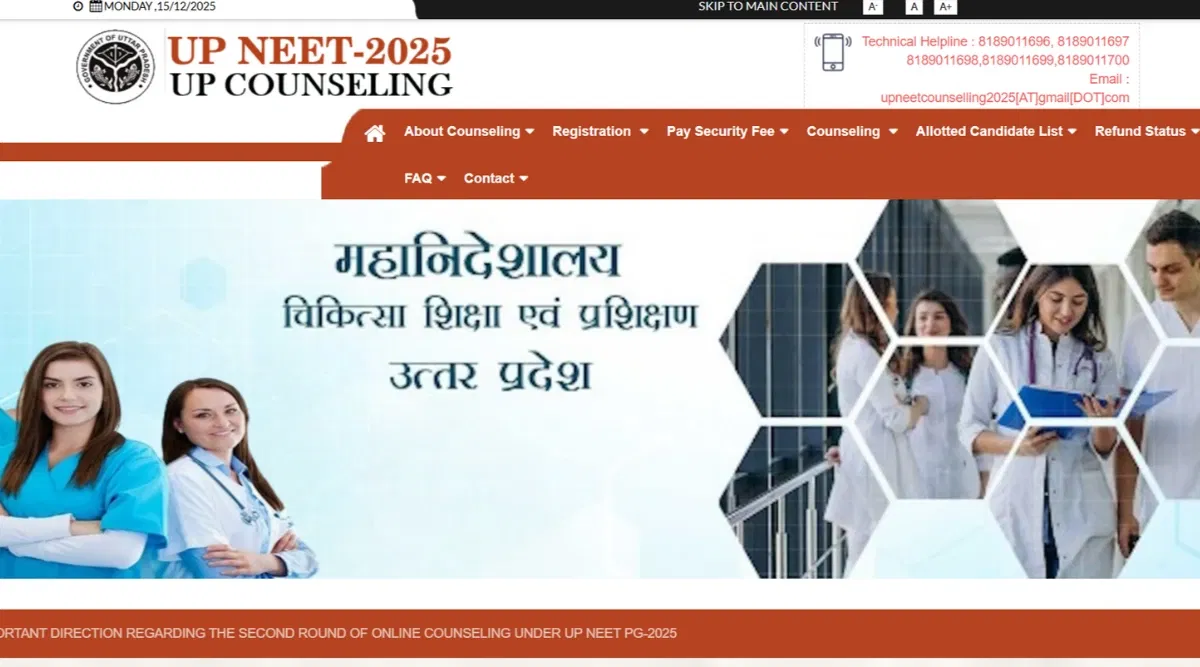

POST YOUR COMMENT